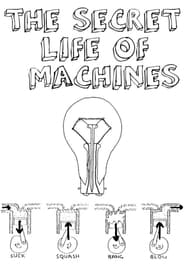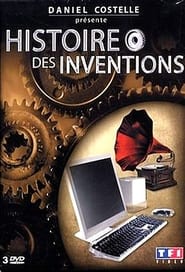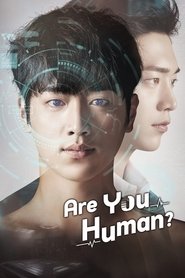List server
Season 2 Episode

The Big Life Fix - Season 2 Episode 4
In this episode, the fixers take on three more challenges to change lives, including one of their toughest yet when they try to help a young boy with Tourette's to control his tics and behavioural issues.
11-year-old Malachi lives with his mum and younger brother in Cornwall. Malachi has Tourette's Syndrome, a neurological condition characterised by involuntary movements and noises called tics. He also has Attention Deficit Hyperactivity Disorder and struggles with disruptive urges and violent outbursts. At school, he needs three support workers with him at all times. As Malachi gets older, his behaviour is increasingly difficult for mum Marie to manage and she is increasingly worried that if he doesn't find a way to control himself, he will end up in serious trouble. Electronics engineer Ryan White teams up with Zoe Laughlin, an expert in materials, to explore what they can do. But their first encounter with Malachi leaves them concerned that they may have taken on more than they can manage. Knowing more about the condition could help them work out what to do, so their next stop is Great Ormond Street Hospital in London to meet one of the world's leading experts in the field, Dr Tara Murphy.
Four-year-old Jasper suffered complications after contracting hand, foot and mouth disease when he was one year old. He had a heart attack and a stroke in his spine which left him paralysed from the waist down. His parents have sought the best medical help they can get for their son, in the hope that he will one day be able to walk again, but so far he has only gained enough strength to be able to crawl. They are hoping that the team can come up with an invention that will enable Jasper to be upright and moving his legs, so that he can work on building the strength in his muscles and get used to being in a standing position. Technologist and designer Haiyan Jang takes up the challenge and enlists the help of inventor and engineer Yusuf Mohammed to help search for a solution. Whatever they create needs to safely hold him up in the right position and also keep his young brain engaged so that he enjoys using it.
26-year-old Greg is determined to be as independent as possible, despite being paralysed from the neck down. He led an extremely active and social life before a car crash dramatically changed his life four years ago. Now he has no control of his body and can only move his head to operate devices like his wheelchair and computer. Home is an assisted-living apartment in Bristol where he receives help with everyday tasks but, in order to remain active, he makes an arduous journey into the city centre on his own every day in his electric wheelchair. This two-mile trip would be straightforward enough for most people, but for Greg it is fraught with difficulties. With no use of his hands he is unable to press buttons on road crossing boxes, he can't use his mobile phone without asking strangers to pick it up and dial the numbers, and he has to give shop assistants his credit card pin number and ask them to use it for him. Designer and engineer Ross Atkin and software expert Akram Hussein pair up to see if they can come up with a solution. If they can crack it, they could potentially change the lives of many more people with similar disabilities.
































